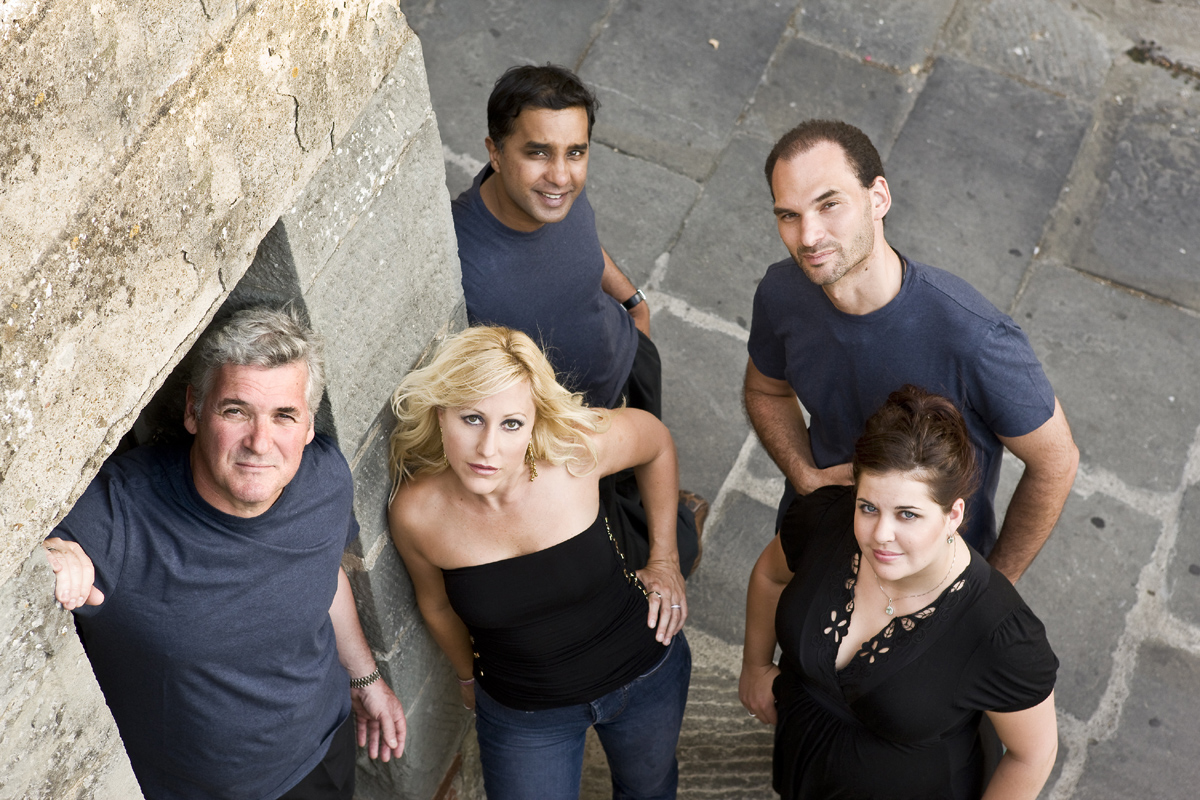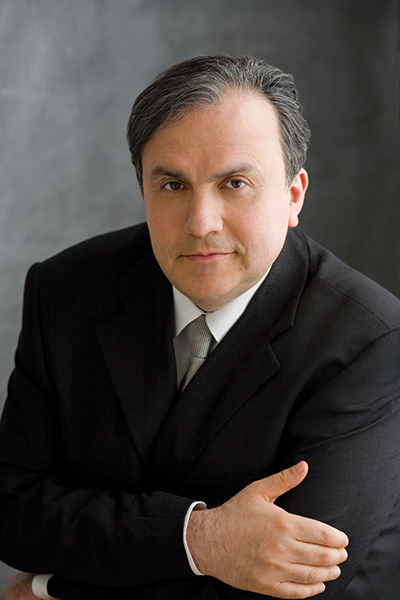Bronfman and Zukerman ChamberPlayers team up for glorious Mozart and Schumann

The big Romantic concertos offer ample opportunities for centerstage solo pyrotechnics, yet it is chamber music that reveals a musician’s true depth. The blending with colleagues, ensemble give-and-take, and subjugating one’s own personality to a larger group endeavor all speak volumes about a musician’s artistic integrity.
Yefim Bronfman and Pinchas Zukerman are no strangers to concerto barnburners, of course, but the two men showed themselves inspired chamber colleagues Sunday night at Ravinia’s Martin Theater as well. The program may have been short, but such was the level of insight, engagement, and musical interaction by Bronfman and the Zukerman ChamberPlayers [sic] in works of Mozart and Schumann that few could feel shortchanged.

It’s striking how a pianistic powerhouse like Bronfman can so nimbly morph into a first-class Mozartean, as shown in the composer’s Piano Quartet No. 1 in G minor. The keyboard role is primus inter pares here, and Bronfman’s elegant, sparkling playing set the tone for an idiomatic and spirited performance.
Challenged by a then-novel medium, Mozart pushed the envelope in this work with its minor-key drama, contrapuntal complexity and demanding writing for all players—so much so that his publisher complained to Mozart about low sales due to the difficulty of the music.
No such technical concerns arose Sunday night. Bronfman, violinist Zukerman, cellist Amanda Forsyth and violist Jethro Marks made a wonderfully simpatico team, investing the music with a light-footed buoyancy and giving the opening Allegro’s sturm und drang bracing intensity without inflating the scale of the music. Bronfman’s limpid delicacy in the chromatic Andante was a wonder, keeping a light gracious quality even in the most ornate passagework, his string colleagues equally sensitive. The fecund thematic richness of the concluding Rondo is astounding even by Mozart’s standard and the players deftly conveyed the melodic abundance while keeping incisive rhythmic bite.
Joined by violinist Jessica Linnebach, the performance of Schumann’s Piano Quintet was on the same high level. The Quintet is the jewel in the crown of 1842, Schumann’s remarkable “chamber music year,” which also saw the creation of his three string quartets, Piano Quartet, Andante and Variations and Fantasiestucke.
The confidence, invention and bracing contrasts of this extraordinary work were forcefully put across by Bronfman, Zukerman and company. The players were uncommonly well matched yet enough individuality showed forth to consistently beguile the ear, with Bronfman’s brilliant keyboard work complementing Zukerman’s gleaming violin, Forsyth’s warmly rounded cello and Marks’ lean, burnished viola.
This was an uncommonly well balanced and complete performance that conveyed Schumann’s exuberance as surely as the dirge-like darkness of the second movement, the rustic lyricism and wistful yearning. The vivacious finale with its tempo changes, rhythmic curveballs, and complex fugal writing was thrown off with blazing fire and intensity by all. No encore was offered but none seemed necessary after such insightful and exhilarating performances.
Yefim Bronfman will open the Chicago Symphony Orchestra’s summer residency at the Ravinia Festival 8 p.m. Tuesday performing Brahms’ Piano Concerto No. 2. James Conlon will also lead the CSO in Mendelssohn’s Symphony No. 1. www.ravinia.org; 847-266-5100.
Posted in Uncategorized

